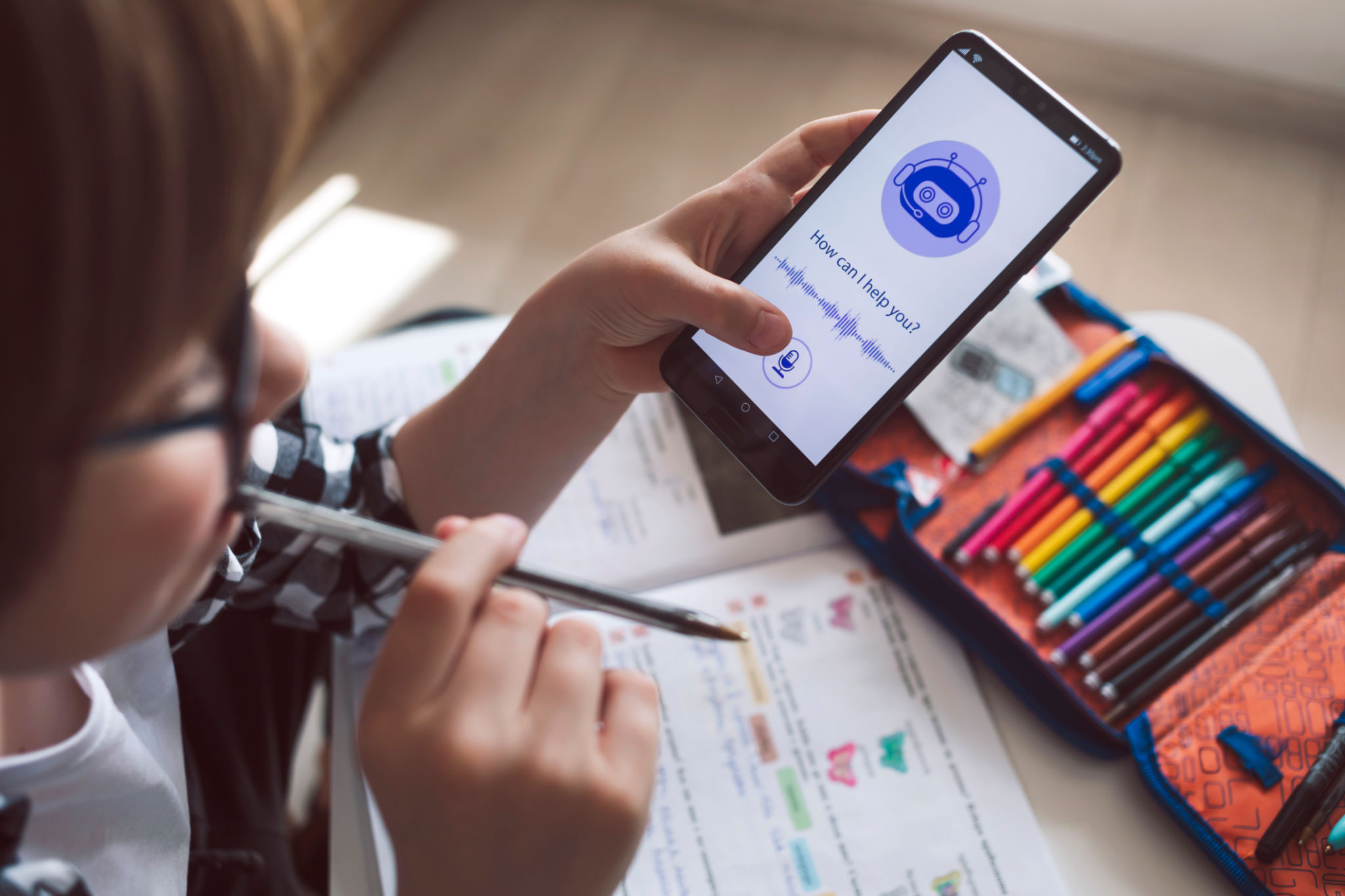Can AI Be a Reliable Predictor of Student Success?
Understanding AI in Education
Artificial Intelligence (AI) is revolutionizing various sectors, and education is no exception. As schools and universities seek innovative ways to enhance learning outcomes, AI emerges as a potential tool for predicting student success. But how reliable is AI in this context? Understanding its capabilities and limitations is crucial for educators and policymakers.

The Role of AI in Predicting Academic Performance
AI systems utilize vast amounts of data to identify patterns and trends that may not be immediately apparent to human educators. These systems can analyze factors such as attendance, participation, previous grades, and even social interactions to predict future academic performance. Institutions are increasingly adopting AI to provide early warnings about students who may be at risk of underperforming.
One of the key benefits of using AI for this purpose is its ability to process complex data quickly and accurately. By doing so, educators can intervene early, providing the necessary support to help students succeed. However, it's important to note that while AI can offer predictive insights, it should not replace human judgment.
Challenges and Limitations
Despite its potential, AI in education faces several challenges. One major concern is the accuracy of predictions. While AI can identify patterns, it may not always account for unique individual circumstances that impact student success, such as personal motivation or family issues. Furthermore, data privacy is a significant concern when using AI systems to track student information.

Another limitation is the potential for bias in AI algorithms. If the data used to train these algorithms lacks diversity or contains inherent biases, the predictions could be skewed. Therefore, it's crucial for educational institutions to ensure that their AI tools are developed and maintained with fairness and transparency in mind.
The Importance of Human Intervention
While AI can offer valuable insights, the importance of human intervention cannot be overstated. Teachers and counselors play a critical role in interpreting AI predictions and understanding the context behind them. The human element in education is essential for tailoring interventions to meet the specific needs of each student.
Moreover, educators can use AI as a tool to complement their expertise rather than replace it. By combining AI-driven data with their own observations and experiences, teachers can make more informed decisions about how to support their students effectively.

The Future of AI in Education
As technology continues to evolve, the potential for AI in education grows exponentially. Future developments may lead to even more sophisticated systems capable of providing deeper insights into student behavior and performance. However, it's essential to approach these advancements with caution and consideration for ethical implications.
Ultimately, the goal is to create a balanced educational ecosystem where AI supports educators in fostering student success. By embracing both technology and human expertise, we can work towards a more personalized and effective learning experience for all students.
